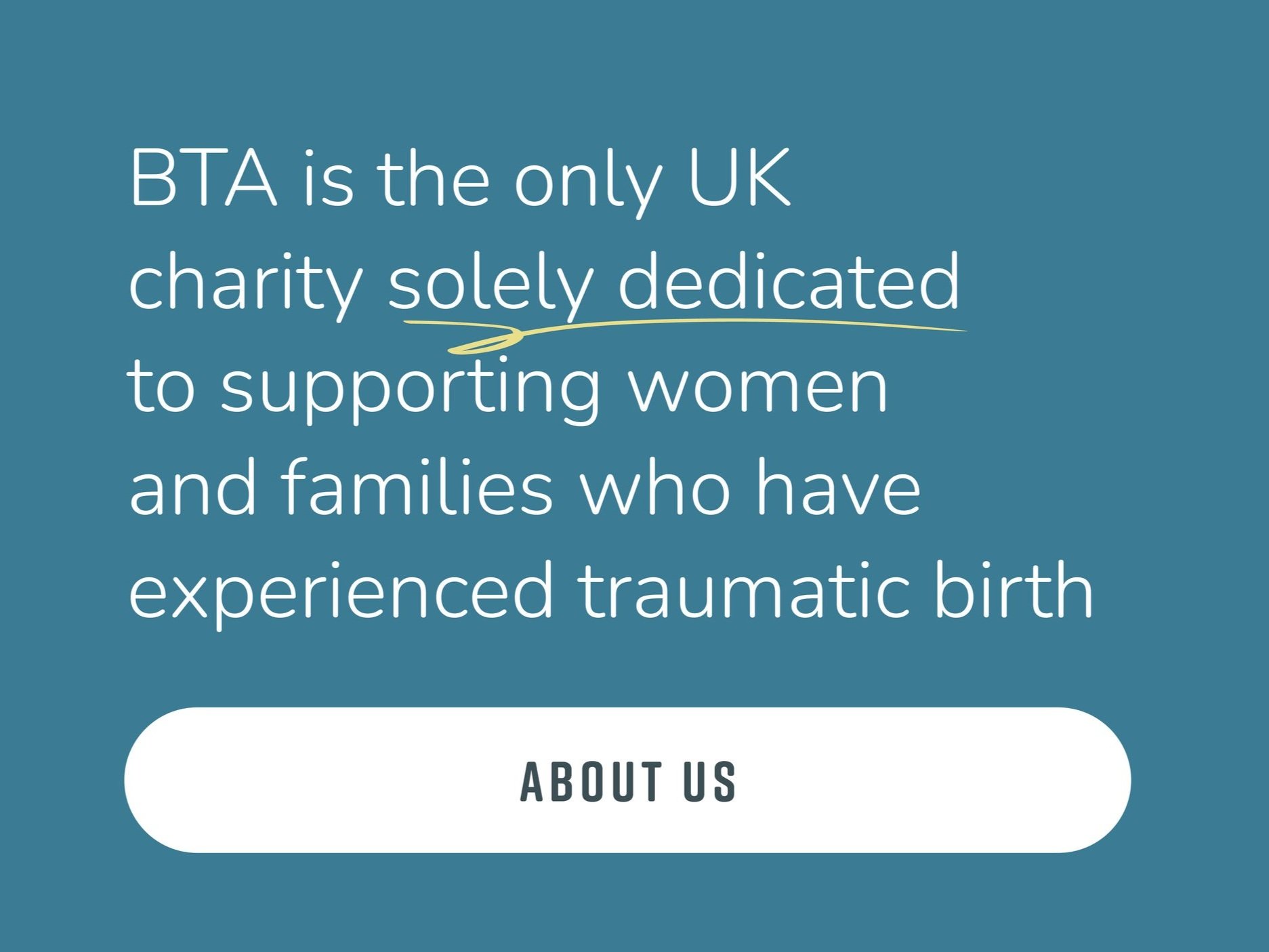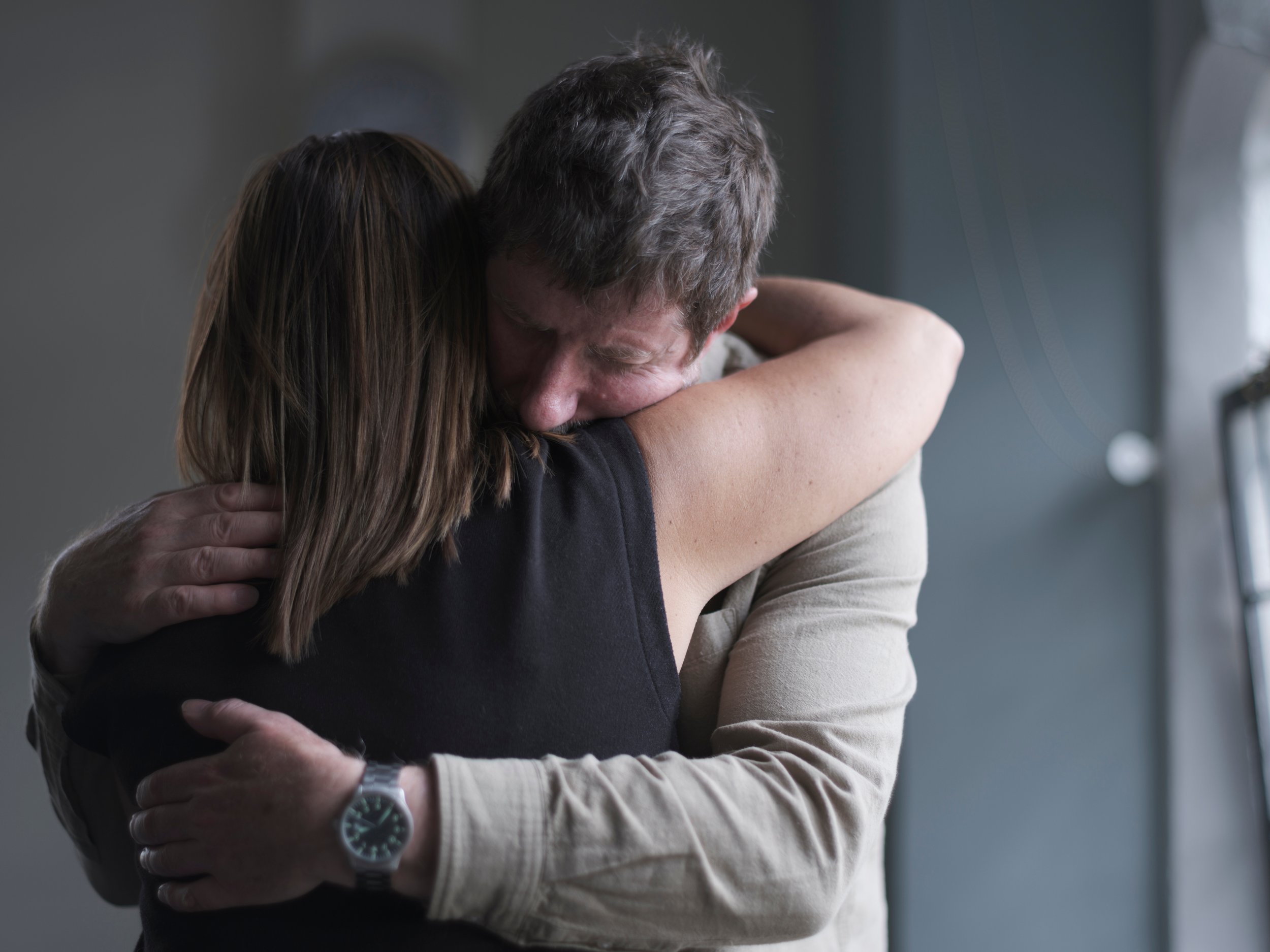A ‘bittersweet milestone’: tributes paid to the world’s first birth trauma charity as it marks its 20th birthday
The world’s first charity to support women who have had traumatic birth experiences is marking its 20th anniversary – something that Made in Chelsea star Louise Thompson describes as a “bittersweet milestone”.
Thompson, who experienced a near-fatal haemorrhage after giving birth three years ago, paid tribute to the achievements of the Birth Trauma Association, a charity with which she is closely associated.
“While we reflect on the incredible achievements and the lives we've touched, it's deeply saddening that our services remain crucial,” she said. “Having had my own experiences with a traumatic birth, I totally understand and appreciate the importance of the Birth Trauma Association’s mission; it reminds us that healing and support are still needed for many. Together, we continue to advocate, educate and empower those affected, ensuring that no one has to navigate this journey alone. Here’s to the past two decades of progress, and to the work still ahead.”
The Birth Trauma Association (BTA) was launched in 2004 at the Salisbury Guildhall. Its co-founders, maternity campaigners Maureen Treadwell and Debbie Sayers, had spoken to many women who had been psychologically devastated by a traumatic birth. Many had symptoms of post-traumatic stress disorder (PTSD) – but in 2004, researchers and clinicians still held to the idea that birth was a joyous experience, and were reluctant to accept that it could cause PTSD.
In the early days, says Treadwell, it was also a struggle to get health professionals to take seriously the idea that women should have a choice about their care: “Any suggestion that women should be able to make informed choices about epidurals, other pain relief or, sin of sins, caesareans, was described as ‘unhelpful’, ‘harmful’ or ‘retrograde’.”
In 2024, views have changed dramatically – and much of that change is down to the work of the BTA. It is now recognised that 4-5% of women develop PTSD after birth (about 25,000 to 30,000 a year in the UK) and that many more experience some trauma symptoms. Five years ago, NHS England began setting up regional maternal mental health services (MMHS) dedicated to supporting women with birth trauma and baby loss. The idea that women should have a say in their care is widely accepted, with NICE now recommending that maternity units respect women’s wish for planned caesarean.
During the past 20 years, the BTA has helped thousands of parents through its peer supporters and Facebook group. As one told us: “I am absolutely sure the BTA saved my life, more than once – finding its Facebook support group when I was in crisis and then leading me to a therapist who brought me back to my loved ones.”
One of the charity’s biggest achievements was to be appointed secretariat to the parliamentary inquiry on birth trauma, led by Theo Clarke and Rosie Duffield earlier this year.
Theo Clarke, the former MP who co-led the inquiry, said: “The Birth Trauma Association has played a hugely important role over the last twenty years in supporting women who have suffered from birth trauma in the UK. As an affected mother and politician, I first came across them as one of the few frontline services which women could turn to for help. They are a compassionate lifeline for many of us who have suffered from trauma giving birth.
“I have seen first-hand how the BTA is an essential charity helping mothers to successfully recover. They played an invaluable role in helping to deliver the UK birth trauma inquiry which was the first in Parliament’s history. The BTA also supported the All Party Parliamentary Group for Birth Trauma to inform cross-party parliamentarians on ways to reduce birth trauma. Their campaigning with MPs resulted in positive changes to improve maternity care in this country. I cannot thank them enough for the huge role they have played to end the postcode lottery for perinatal care in the UK.”
The birthday was marked by an event at the House of Commons on 21 October Monday. hosted by Rosie Duffield MP, and sponsored by law firm Irwin Mitchell. It was attended by BTA volunteers and supporters, charity CEOs, lawyers, academics and key figures in maternity such as chief midwifery officer Kate Brintworth, women’s health ambassador Lesley Regan, shadow secretary for health and care Victoria Atkins, and Theo Clarke, who continues to campaign for better maternity care. We were also delighted to welcome Louise Thompson, who has done so much to raise awareness of the impact of traumatic birth.
Kim Thomas, the CEO of the BTA said, “When the BTA was founded in 2004, there was very little recognition of birth trauma, and a widespread refusal to admit that it was possible to develop PTSD as a result of birth. Since then, there has been a sea change in understanding, in large part down to the efforts of this small charity.
“Although the event was a celebratory occasion, helping us reflect on what we’ve achieved in 20 years, we also have to acknowledge with disappointment that our work is still needed. As the inquiry found out, and as the many parents who come to us testify, maternity care in the UK is still leaving women feeling traumatised and broken as a result of poor and sometimes callous care. We would love to reach a stage where our work is no longer needed, but for now, we want to continue to grow and support the many parents who still turn to us for help.”
/Ends
For more information, please contact Kim Thomas, CEO of the BTA, at kim@birthtraumaassociation.org or on 07779 275032.







